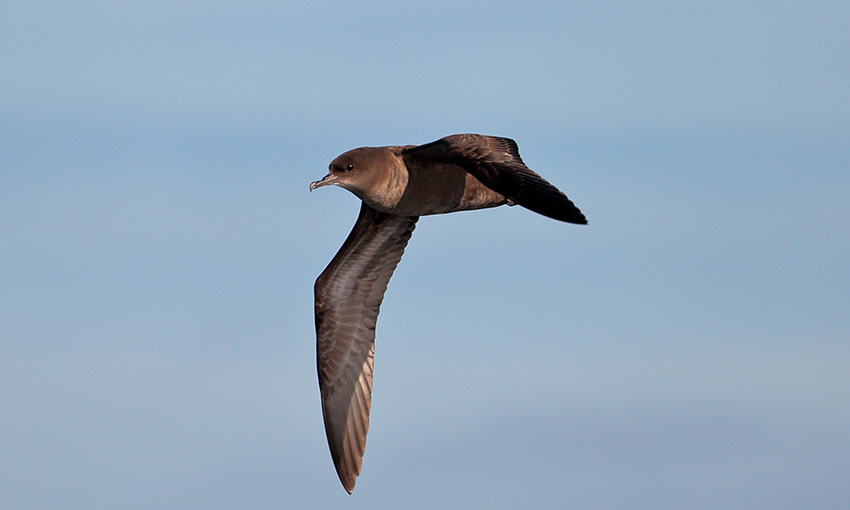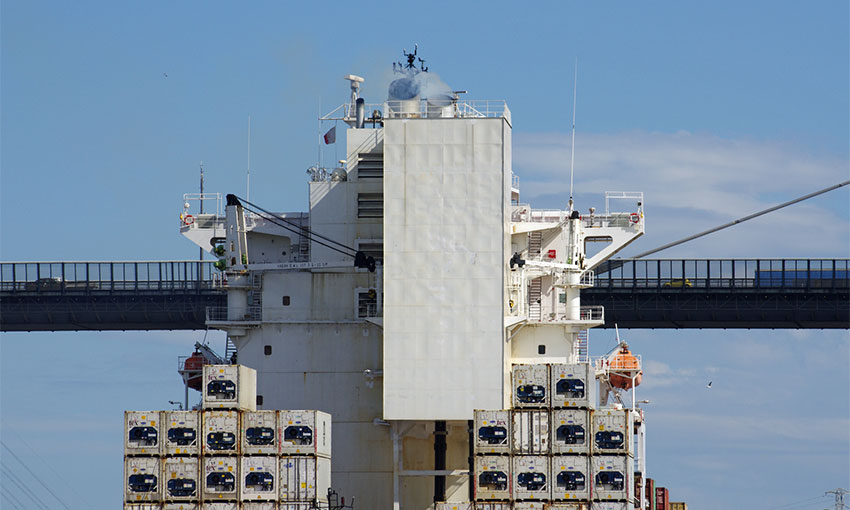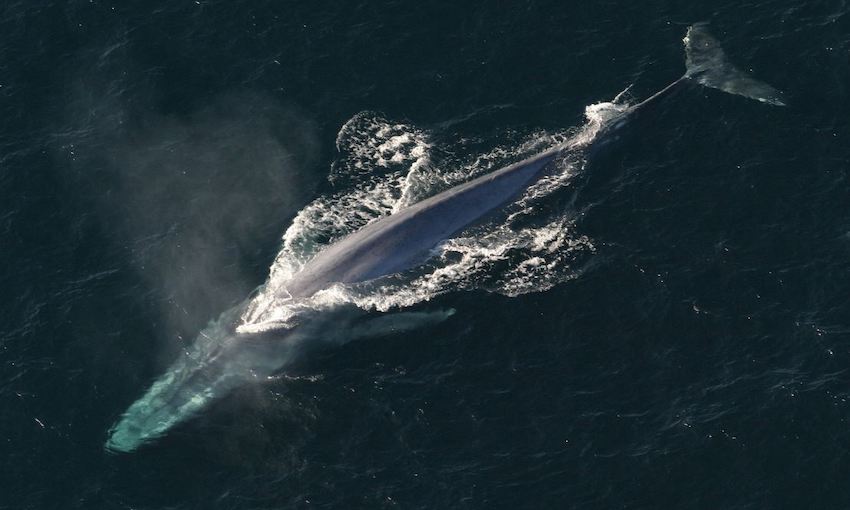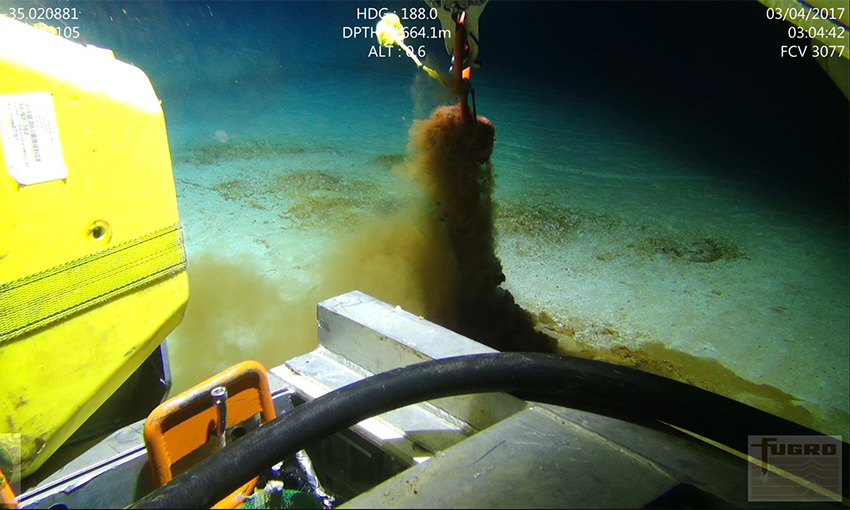TASPORTS said its environmental standards to reduce light pollution at Flinders Island has helped prevent mortalities of short-tailed shearwaters during the 2022 migration season.
TasPorts said its commitment to safeguards and mitigation measures that protect the marine environment have been key to preventing muttonbird mortalities at the Port of Lady Barron this breeding season.
The largest breeding colonies of short-tailed shearwaters are in the Furneaux Islands and every year the birds make a 30,000-kilometre round trip between Alaska and breeding sites in south-eastern Australia. By mid-April, the new fledglings are strong enough to make their migration north to Alaska.
TasPorts group executive governance and corporate affairs Kate Dean said the implementation of the organisation’s industry-leading Environmental Standard to reduce light pollution has been instrumental in preventing mortalities this year.
“The environmental standard is a key tool in preventing light pollution-related mortalities across TasPorts’ multi-port system.” She said.
“During the 2022 migration season between mid-April to mid-May, there were no bird mortalities recorded at the Flinders Island port. In previous years, artificial lights attracted fledgling shearwaters to the Port of Lady Barron as they attempted to make their first flights out to sea during their migration, which had led to mortalities.”
Ms Dean said the standard was developed and implemented across all TasPorts’ sites in 2021 and provides guidance on the minimum acceptable requirements to ensure light pollution across all facilities is minimised.
“The development and implementation of a Light Pollution Standard, as well as diligent monitoring by TasPorts’ teams on the ground, alongside cooperation of shippers and port users, contributed to this excellent outcome,” Ms Dean said.
“At the Port of Lady Barron, new bird-friendly lights have been installed, including key operational lighting, as well as low bollard lights on the public wharf, to ensure ongoing community safety. Further, night-time vessel operations are restricted during the migration period to ensure light pollution is mitigated from visiting vessels.
“TasPorts is dedicated to reducing our impact on the environment and has developed improvement strategies across six key areas of the organisation including marine, land and heritage and air quality.”





